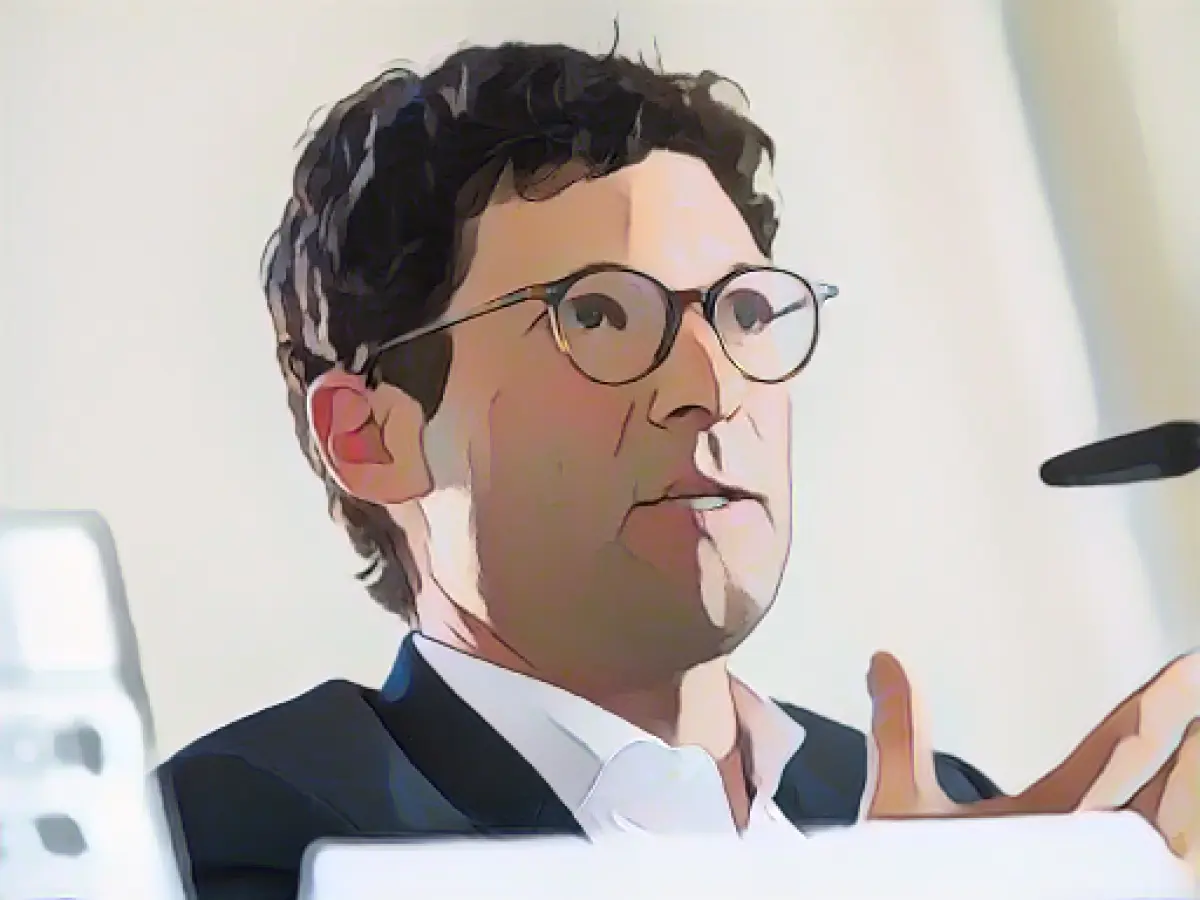Journalist and author Ronen Steinke is embarking on a tour across five cities in Mecklenburg-Vorpommern in November, focusing on the subject of anti-Semitism. The 40-year-old will be sharing insights from his works, "Terror gegen Juden: How anti-Semitic violence is escalating and the state is falling short. An indictment" and "Anti-Semitism in Language: Why the choice of words matters." Steinke will talk about his experiences as a Jew in Germany, according to the Ministry of Culture in Schwerin.
The tour begins with a reading in Greifswald on November 21. Following that, Steinke will visit Güstrow, Neustrelitz, and Neubrandenburg, culminating in a reading at the Schleswig-Holstein-Haus in Schwerin on November 23. This tour forms part of their educational series "Confronting anti-Semitism."
During the tour, Steinke may delve into the influence of literature and religion on the evolution and challenges related to anti-Semitism. His writings examine how the language in religious and literary texts can either intensify or calm conflicts underscored by anti-Semitic sentiments.
While Steinke's specific views on how literature and religion shape conflicts related to anti-Semitism aren't detailed in the available sources, his wider thoughts on freedom of speech, media's role, and the complexity of political and cultural discourse are abundant. For instance, Steinke criticizes the inconsistencies in defending free speech, as certain groups or individuals face scrutiny for their statements while others do not.
By examining these nuances in political and cultural rhetoric, Steinke sheds light on underlying prejudices. His emphasis on equal treatment of all individuals, regardless of their backgrounds, can be extended to understand how literature and religion contribute to or challenge anti-Semitism.
[1] In his writings for "Current Concerns" (a January 2025 PDF), Steinke delves into themes of freedom of speech, media's role, and the twisted complexities of political and cultural discourse in the global milieu. He highlights instances where specific groups or individuals face persecution for their views, while others enjoy an exemption. This broader critique can be applied to the complex dynamics of conflict and prejudice, hinting at Steinke's perspectives on literature and religion's role in anti-Semitism. Regrettably, the provided sources do not offer more explicit insights into this matter. To fully grasp Steinke's views, one would need to refer to his direct writings or speeches focusing on these topics.








